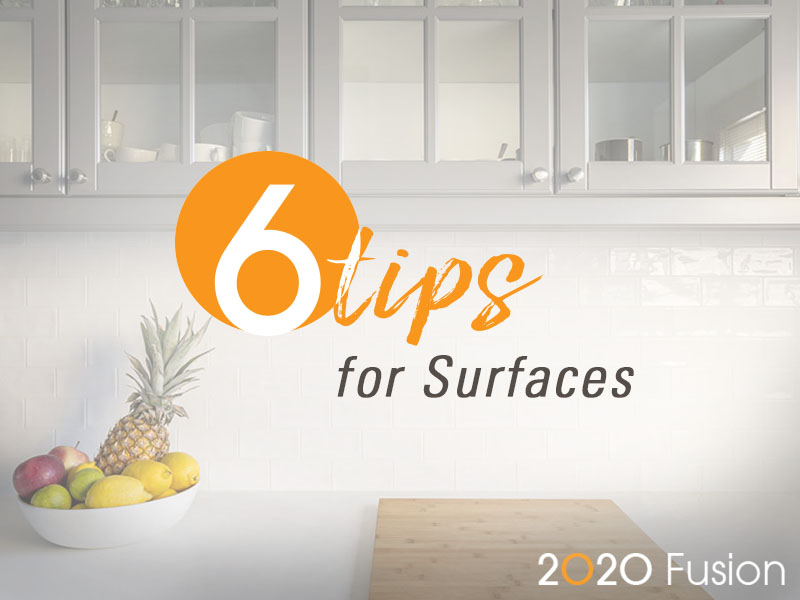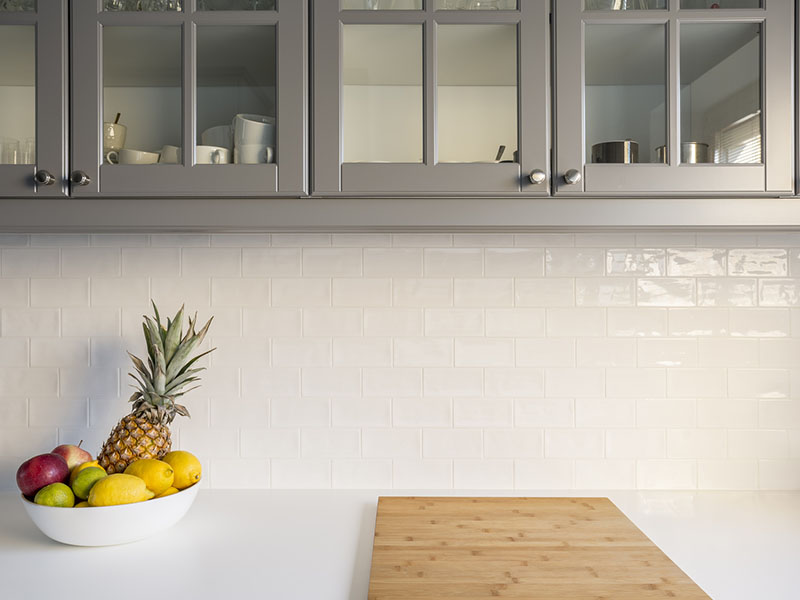
Investing in kitchen, bathroom and utility room work surfaces and floors can add real value to a home, so it’s vital designers help their clients to choose wisely. Durability and good looks are paramount but what needs to be considered and what surfaces tick all the boxes?
Here are six tips on selecting the right surfaces
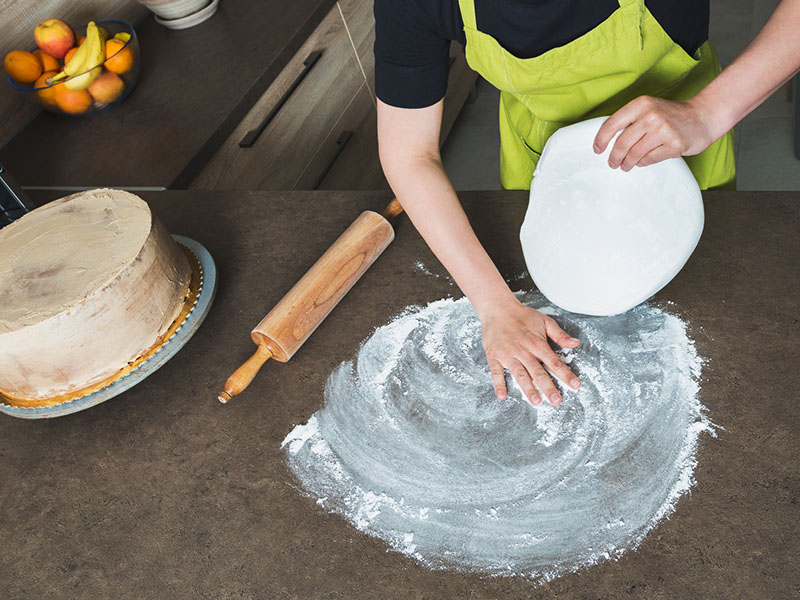
1. Functionality
Wood or concrete? Natural or engineered stone? Stainless steel or marble? The worktop you recommend will have a huge impact on both the look and functionality of the kitchen. Find out from your clients what they want to achieve. Are they keen on a smooth, sleek finish, or is a natural stone finish more their style? What kind of cook are they? Do they like to have everything out and strewn around, or do they clean and tidy as they go along? Do they have a big, busy family, or lots of dinner parties, or are they preparing meals for one or two? This will have an impact on how extensive and how robust the worktop needs to be. There are pros and cons to each material. It all depends on how hard wearing the worktop needs to be, how much your client is prepared to look after it, and how they want it to look.
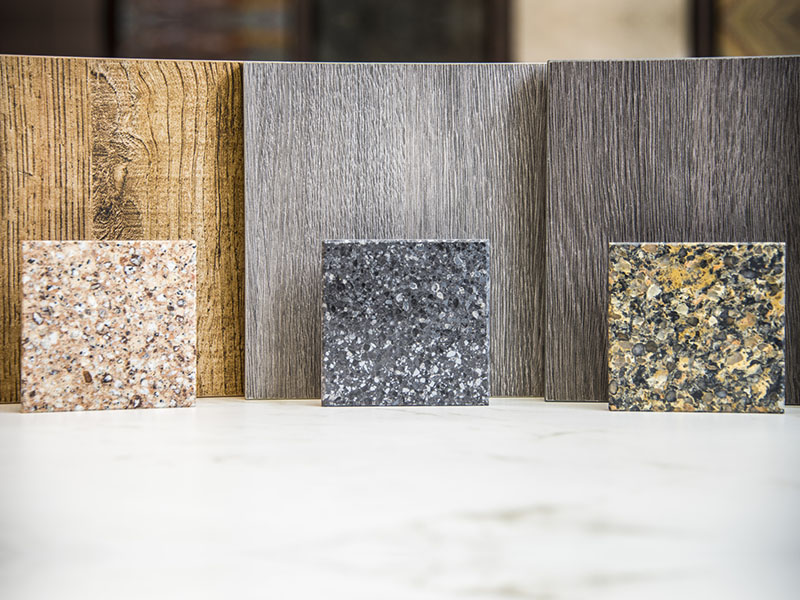
2. Mix it up
Mixing materials is an effective way to define different kitchen zones – a marble slab with wooden worktops, a stainless steel island with a wooden breakfast bar attached or a glass and quartz food preparation area. Different materials can serve different culinary purposes, and can also be used to visually order a kitchen.
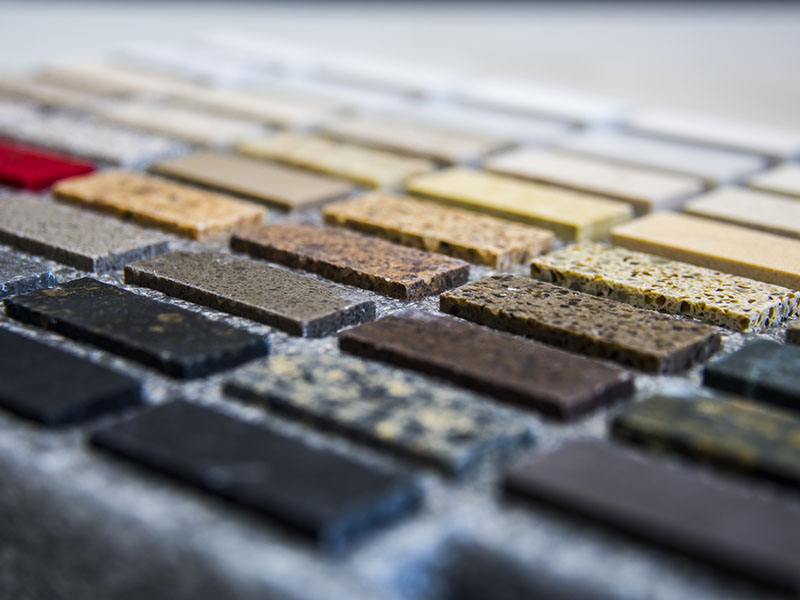
3. Durability
We all know the story – a new kitchen is installed, the immaculate worktop goes in and it gives it the real wow factor … until the worktop gets scratched or dented, a hot pan causes the surface to bubble or water marks start appearing. So what should you bear in mind with the different work surface options? Well solid surface worktops offer a smooth durable surface in a huge range of colours but they can scratch – although a good cream cleaner and a bit of elbow grease will polish it up again. Plus it can’t take hot pans. Wood is easily scorched, scratched and stained, and is not great with water. Concrete can stain, as can marble. Glass, stainless steel and copper can scratch and laminate is easily scorched or scratched. Man-made surfaces such as Dekton seem to offer the best durability. It is an ultra-compact surface resistant to scratching and impact, with low porosity and maximum resistance to stains. It is also UV, heat and thermal shock resistant.
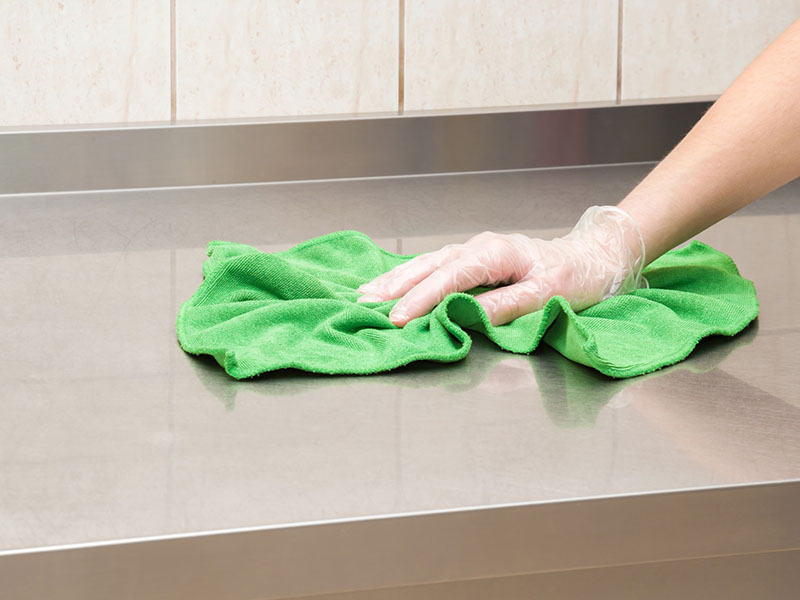
4. A question of hygiene
Good hygiene in essential in kitchen and bathrooms. Infections from certain bacteria can lead to serious ill health and have long lasting effects. To prevent cross-contamination it’s best to select worktops that do not shelter or spread these harmful microbes. And it’s the porosity of the work surface which is the main culprit when it comes to a build-up of bacteria. Non-porous surfaces are less susceptible to germs, offering greater protection against these organisms.
Steel, quartz, granite (as long as it is regularly sealed), glass and other man-made worktops are the most hygienic. Wood, laminate and tiles are more susceptible to lingering germs.
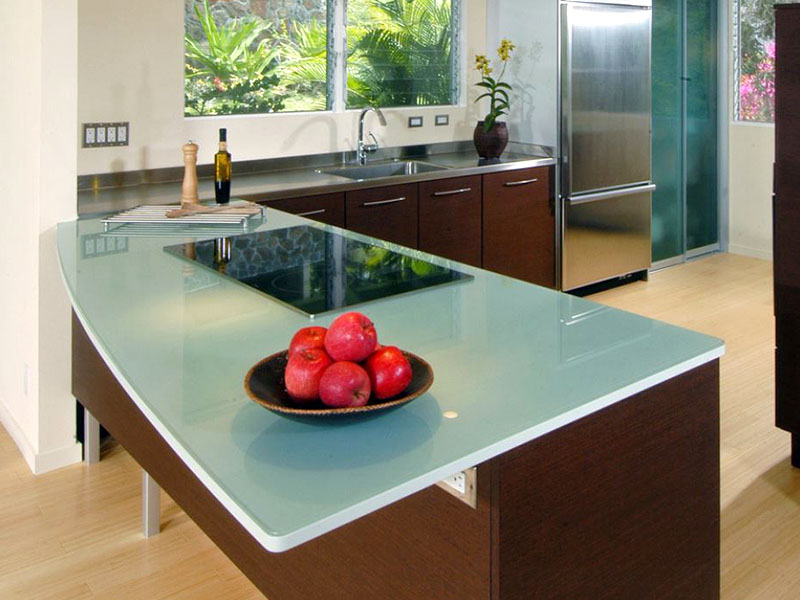
5. Contemporary choice
Glass is a great choice for contemporary kitchens and bathrooms and It comes in a pretty much unlimited range of colours. It can help add depth and the illusion of space, making even the smallest areas feel both lighter and bigger because glass has light-reflecting properties, helping to naturally bounce light around a room. Plus it can be lit from below for a special effect. Chips can be repaired by most windscreen repair firms. Maintenance is easy as the pores don’t hold onto stains, and it’s unaffected by water. It doesn’t need sealing and is heat resistant to 400C. Light scratches can be buffed out.
Ceramic worktops are also making headway into the market. They can stand heat up to 1000ºC and are scratch-resistant. They come in numerous colours, many of them matt, and can mimic surfaces like copper and concrete.
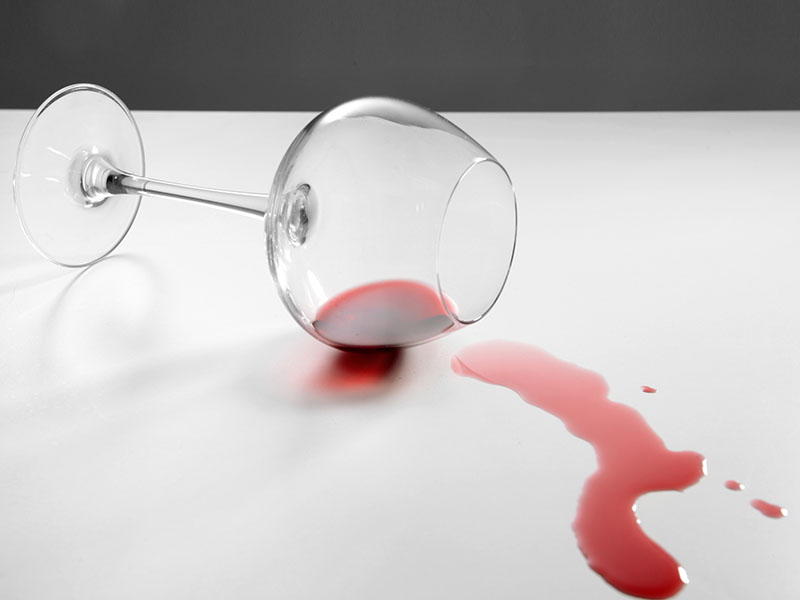
6. Keeping it practical
If you are designing a utility room or a kitchen where the laundry will be done then worktops made of laminate, stone, quartz-surfacing, or solid-surfacing make it easy to clean up spilled detergents or fabric softeners. Plus, their smooth surfaces prevent snags when folding delicate lingerie, blouses, or knitwear.
Share this Post

